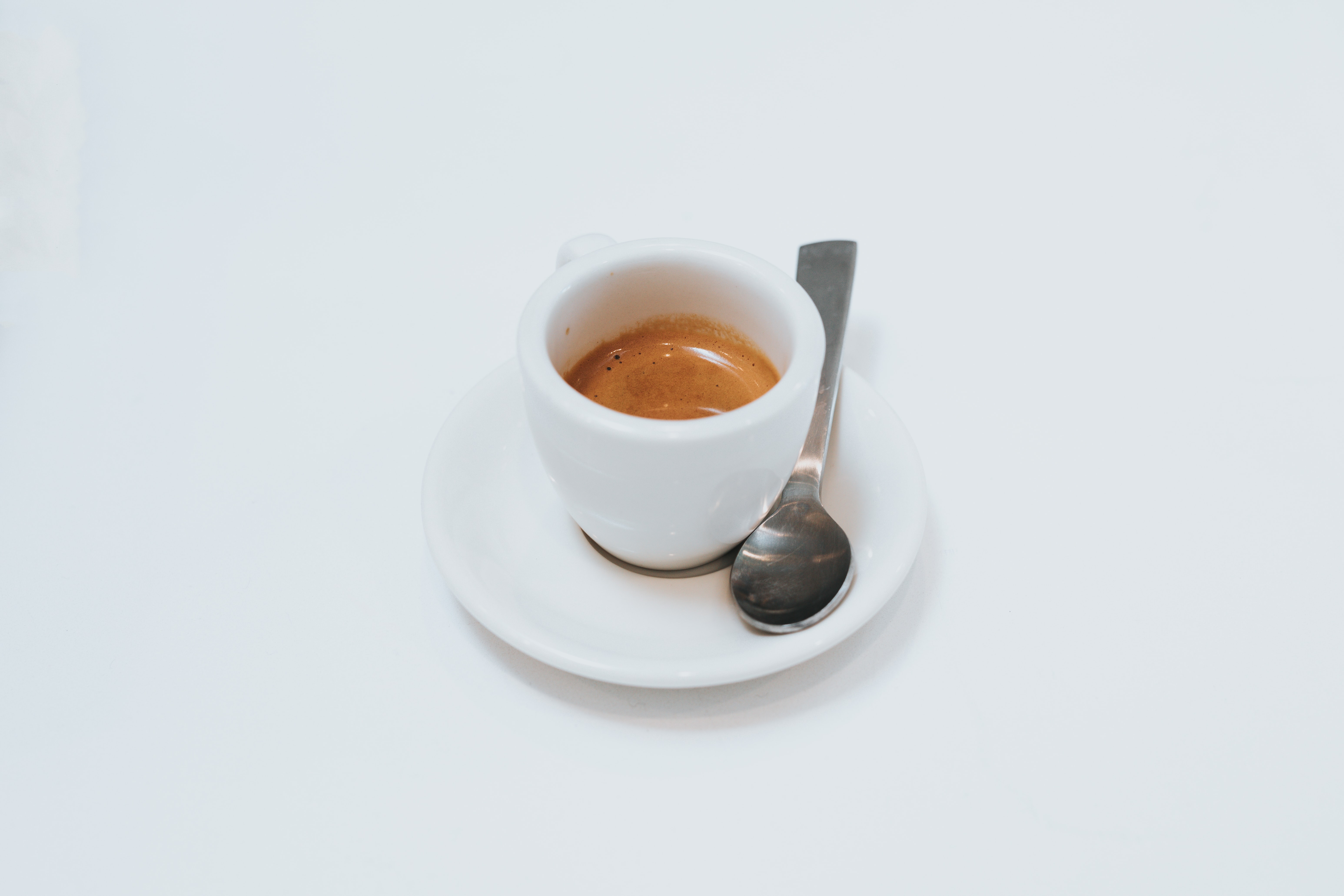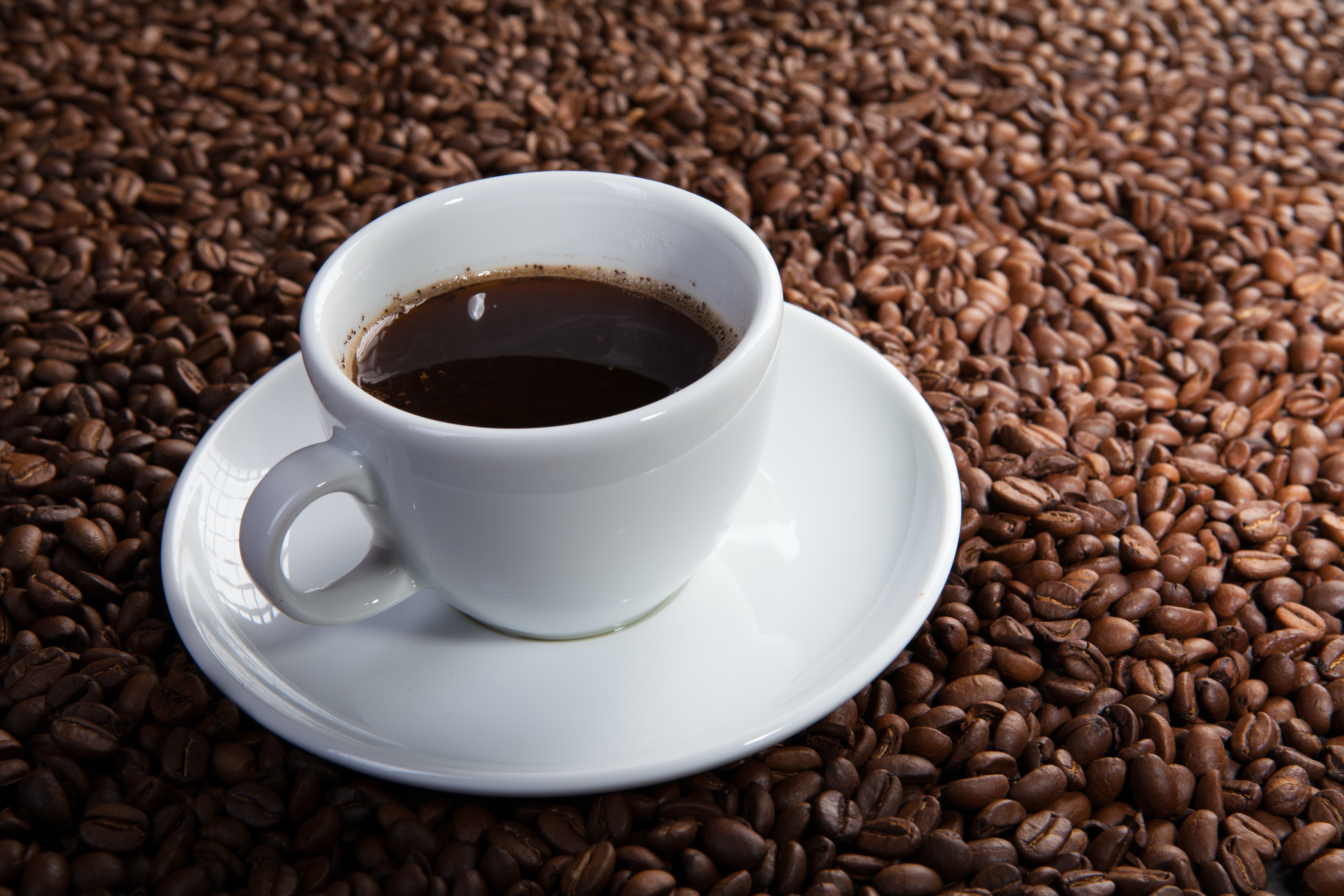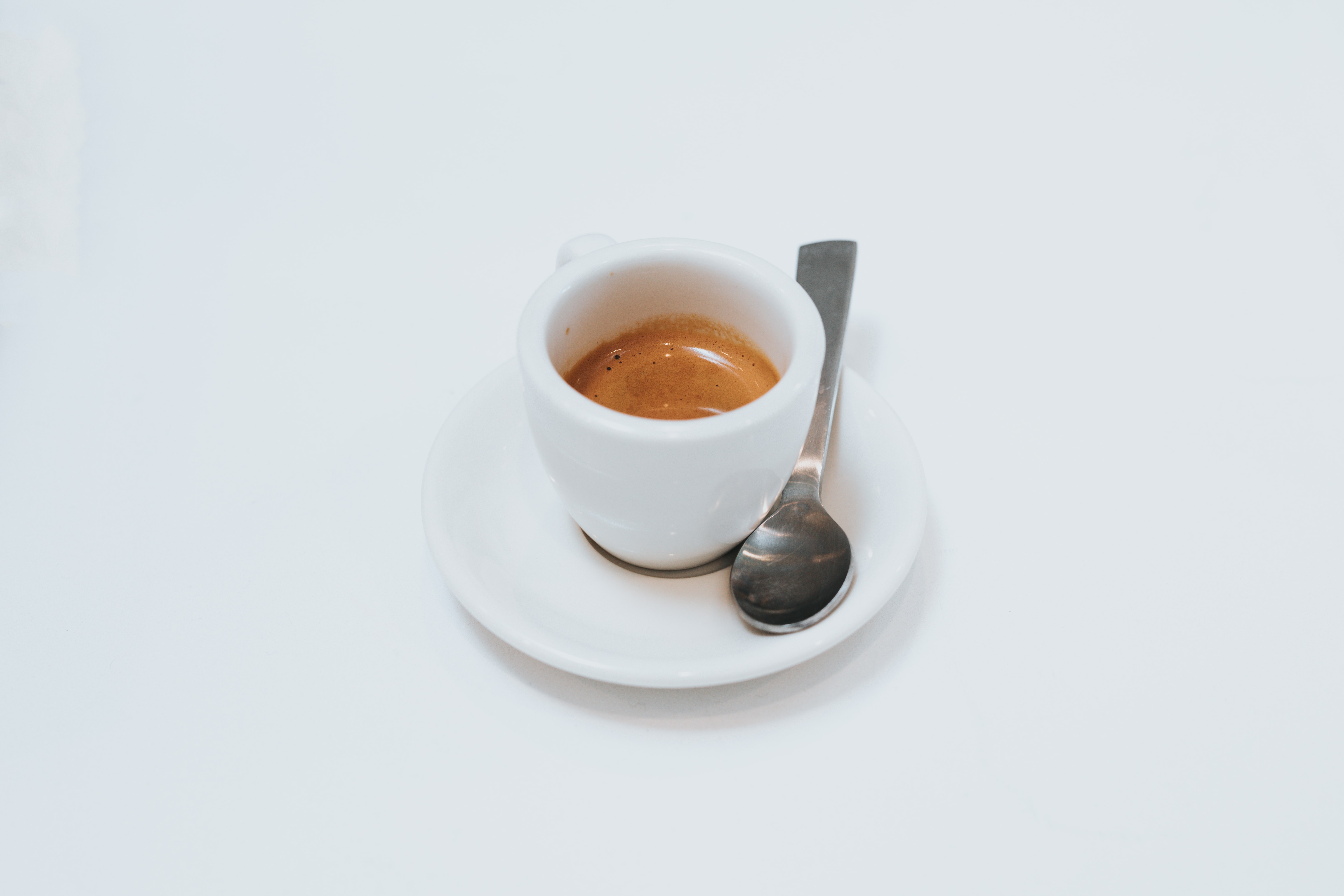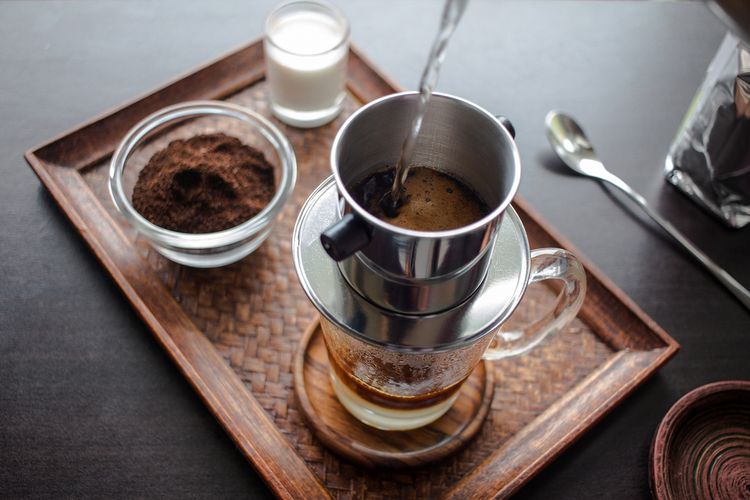Between espresso and black coffee, what does your body need the most for daily intake? Here's the scientific study!
Coffee is the most popular drink consumed. Serving coffee always manages to find its fans for various reasons. Some enjoy brewing coffee because they want the benefits of stimulants, and some consume coffee in the morning because it has become a routine. Of the total amount of consumption, coffee connoisseurs have their way of enjoying their coffee, including espresso or black coffee variations.
Espresso Coffee Serving

Photo by Nathan Dumlao on Unsplash
Espresso comes from the habit of drinking Italian coffee, then spreads to all coffee connoisseur countries. Conceptually, rapid hot water under high-pressure subject the coffee grounds. So that the resulting coffee dish is concentrated and has a thick taste, pungent aroma, and a very long after-taste, espresso with certain coffee beans creates an even more memorable character due to the potential of the flavor compounds from the coffee beans themselves.
People usually think that espresso tastes the same because they result in a thick and concentrated taste, even though the coffee beans used are different. Using certain coffee beans in espresso brews will create another espresso flavor character. For example, when you make espresso from Aceh Gayo Arabica coffee beans, the taste will be different from Ethiopia Arabica espresso. It happens because each coffee bean has a potential taste that it carries from the time of the plant until the roasting stage optimizes it.
But that doesn't mean certain coffee plants will create a unique espresso flavor character when brewed, huh? Good espresso depends on the taste preferences of the connoisseur, so one must judge only some coffee beans in general. Some espresso connoisseurs love serving espresso from house blend coffee concoctions. How about you? What coffee beans do you prefer when you want to make espresso?
Espresso Nutrients
Generally, every 1 ounce of espresso or the equivalent of a single shot serving contains 62 mg of caffeine compounds. That means you can conclude that the average daily quota for someone to consume espresso is six shots.
Complete Nutritional Content:
Espresso: 1 oz = 1 single shot 30ml
Caffeine: 63 mg
Carbs: 0.5 g
Calories: 10.7
Micronutrients: calcium, magnesium, phosphorus, potassium, sodium, niacin, folate, and choline
Black Coffee Serving

Photo by Raimond Klavins on Unsplash
Who doesn't know black coffee? Variations of brewed black coffee are numerous and have become more popular than espresso. Some popular tools for brewing black coffee are automatic drip coffee machines, Moka pots, or french presses. The concept is that coffee grounds are poured with hot water and allowed to drain or soak. So later, the extraction of coffee grounds presents a comfortable taste compared to espresso.
Conceptually, espresso is made by pouring hot water over coffee grounds quickly while black coffee is left to soak. In general, roasted medium coffee beans serve black coffee served with coffee beans because they have a more characteristic taste. Meanwhile, the type of coffee mill is different. Espresso uses fine coffee grounds, and black coffee uses a slightly coarser, relatively finer grind, depending on the coffee tool.
The cause of the character of the taste of black coffee feels more comfortable than espresso is because the brewing of black coffee has a lower concentration than espresso. In another sense, it has a rather intense taste and comfortable acidity. The taste characteristics of the black coffee brewing machine make it so popular.
For black coffee connoisseurs, having a manual coffee grinder at home is mandatory because steeping black coffee using freshly ground coffee grounds will present an even more unique flavor character.
If you store coffee in ground form, black coffee tends to have an unappealing taste if you brew it a few days later because coffee that has been ground will release many potential flavor compounds into the air. Exposed coffee grounds will have a taste character that is no longer attractive. If you are a connoisseur of brewing black coffee, what coffee tools do you have at home?
Black Coffee Nutrition Content
For steeping black coffee, every 8 ounces, or the equivalent of a 230ml cup, has a caffeine content of around 92mg. The average daily consumption per person reaches 3-4 cups of black coffee.
Complete Nutritional Content:
Dark Coffee: 1 Cup 230ml (8 ounces)
Caffeine: 92 mg
Carbs: 0.4 g
Proteins: 0.7 g
Calories: 5
Micronutrients: calcium, magnesium, phosphorus, potassium, sodium, and niacin
If you juxtapose the two of them ounce for ounce, then the espresso caffeine is more than the caffeine of black coffee. But when viewed from drinking habits, black coffee will have a higher caffeine content than espresso. Both types of coffee contain bioactive that can support heart health, cognitive function, metabolic health, and of course, have an impact on longevity.
The answer depends on your tolerance level if you ask how much daily coffee consumption is safe. For those who don't drink coffee regularly, 1-2 cups a day will have a tremendous effect, but for those who regularly drink 3-4 cups of coffee a day, it doesn't even matter because the body is immune to the incoming caffeine levels.
If you are alone, how many cups of coffee do you drink a day?




.png)





Comments